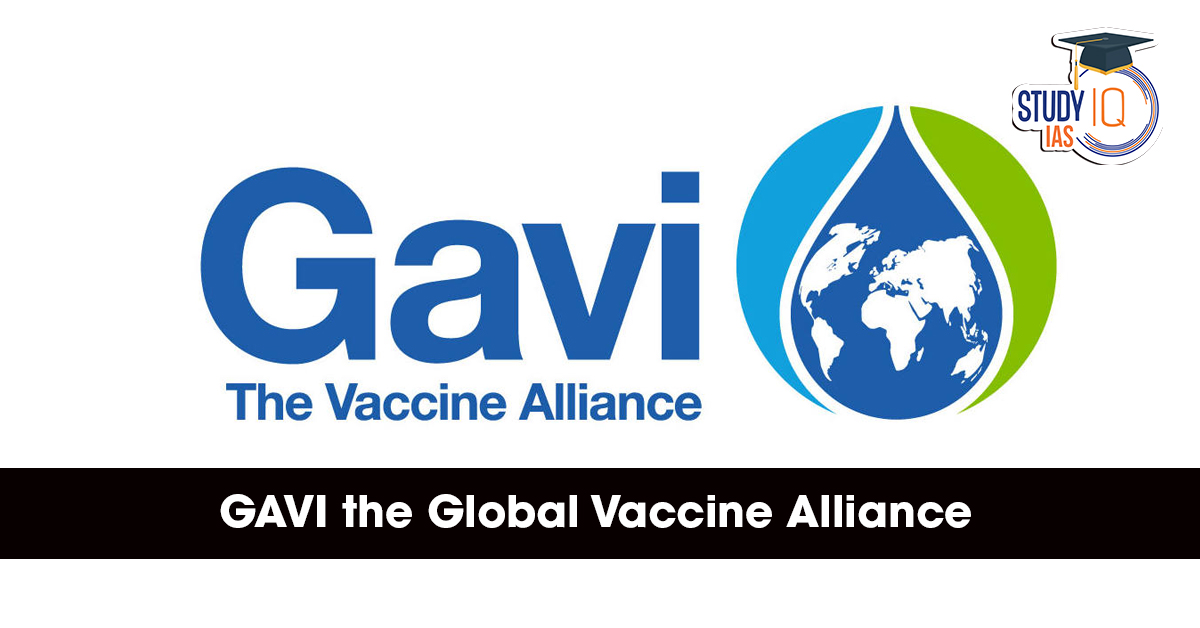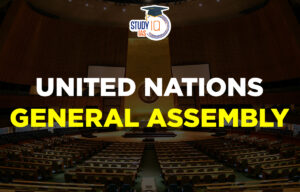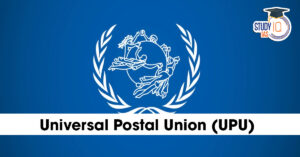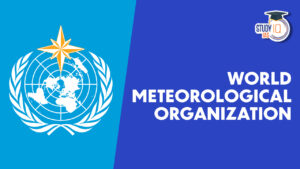Table of Contents
Context: The U.S. has pulled funding from Gavi, the global vaccine alliance, under Health Secretary Robert F. Kennedy Jr., sparking global concern as it threatens childhood immunisation efforts and could lead to over a million preventable deaths.
About GAVI-Global Vaccine Alliance
- Founded in 2000, GAVI-Global Vaccine Alliance is an independent public-private partnership aimed at improving access to new and underused vaccines for children in the world’s poorest countries.
- It is headquartered in Geneva, Switzerland, and unites both public and private sectors to ensure equitable vaccine access
- GAVI’s partners include:
- Developing and donor country governments
- World Health Organisation (WHO)
- UNICEF
- The World Bank
- Vaccine manufacturers
- Research and technical agencies
- Civil society organisations
- Private philanthropists
- GAVI provides:
- Financial aid and technical assistance to low- and middle-income countries,
- Market-shaping strategies, such as negotiating with manufacturers to reduce vaccine prices,
- Support for the introduction and delivery of life-saving vaccines.
- The alliance merges:
- The technical expertise of the global development sector with
- The business efficiency of the private sector, all for a shared mission of improving global immunisation.
- Key achievements (as of 2023):
- Over 1 billion children vaccinated
- Approximately 8 million lives saved
- GAVI played a leading role in COVAX, a global initiative (2020–2023) aimed at ensuring fair distribution of COVID-19 vaccines across countries.
Impact of U.S. Withdrawal from Global Alliances
- Erosion of Multilateralism and the Rules-Based Global Order:
The withdrawal weakens international cooperation and the credibility of global institutions. For instance, Israel also pulled out of the UN Human Rights Council, reflecting declining faith in multilateral forums. - Setback to Global Climate Initiatives:
With 2024 recorded as the hottest year on record and the U.S. being the second-largest greenhouse gas emitter after China, its disengagement undermines collective climate action efforts. - Health Funding Crisis:
The U.S. plays a major financial role in global health. For example, it contributed around 15% of the WHO’s total funding in 2024. Its withdrawal could trigger significant financial shortfalls, hampering essential health programs. - Geopolitical Repercussions:
The absence of U.S. leadership creates a vacuum that China may exploit, potentially shifting influence in global institutions away from democratic values, affecting countries like India’s strategic position and decision-making power.


 United Nations General Assembly (UNGA), ...
United Nations General Assembly (UNGA), ...
 Universal Postal Union (UPU), Objective,...
Universal Postal Union (UPU), Objective,...
 World Meteorological Organisation (WMO),...
World Meteorological Organisation (WMO),...

























